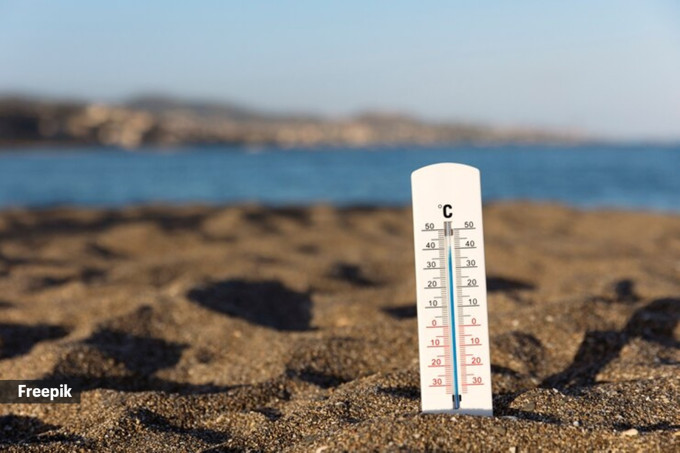Why women need to be extra careful before stepping out in the sun
The scorching summer heat can take a toll on our bodies in various ways; this includes impacting women’s menstrual cycles. Many are unaware that heatwaves can disrupt the delicate hormonal balance that regulates a woman’s period, leading to changes in flow, duration, and even the intensity of cramps and other symptoms.
Impact of extreme heat on hormonal balance
Dr Vinutha G, senior consultant gynecologist and obstetrics and women health expert at Athreya Super Speciality Hospitals, Bengaluru, says, “Extreme heat can disrupt the hormonal balance that regulates menstrual cycles. High temperatures cause physical stress, which can lead to elevated cortisol levels. Cortisol, known as the stress hormone, can interfere with the secretion of gonadotropin-releasing hormone (GnRH) from the hypothalamus.”

This disruption can affect the release of follicle-stimulating hormone (FSH) and luteinizing hormone (LH) from the pituitary gland, ultimately impacting ovulation and menstrual regularity.
Dehydration and menstrual changes
Dr Vinutha adds, “Dehydration, common during heatwaves, can lead to changes in menstrual flow and cycle regularity. Dehydration affects blood volume and circulation, potentially leading to lighter periods or spotting.”
Additionally, she states, that inadequate hydration can impact the body’s ability to eliminate waste and toxins efficiently, which can affect hormonal balance.
Common menstrual symptoms that might be exacerbated by high temperatures
According to Dr Vinutha, common menstrual symptoms that can be worsened by high temperatures include:
Cramps: Heat can increase the sensation of cramps due to dehydration and electrolyte imbalance, which affect muscle function.
 Heat can cause water retention, leading to increased bloating and discomfort.
Heat can cause water retention, leading to increased bloating and discomfort.
Fatigue: High temperatures can exacerbate feelings of fatigue and lethargy, commonly experienced during menstruation.
Bloating: Heat can cause water retention, leading to increased bloating and discomfort.
“These symptoms are often intensified because the body is already under stress from the heat, making it harder to cope with menstrual discomfort,” she says.
Practical steps to mitigate the effects of extreme heat on menstrual health
To mitigate the effects of heat on menstrual health, consider the following steps, as recommended by Dr Vinutha:
Stay Hydrated: Drink plenty of water throughout the day to maintain hydration and support overall bodily functions. Aim for at least 8-10 glasses of water daily, more if you are active or sweating heavily.
Balanced Diet: Consume a diet rich in fruits, vegetables, and whole grains to provide necessary vitamins and minerals. Foods high in water content, such as watermelon and cucumber, can help maintain hydration.
Cool Environment: Stay in air-conditioned or well-ventilated spaces as much as possible to reduce heat exposure. Using fans, cool showers, and lightweight clothing can also help manage body temperature.
Regular Exercise: Moderate exercise can help regulate hormones and improve circulation. Activities like yoga and swimming are particularly beneficial in hot weather.
Electrolyte Balance: Use electrolyte solutions or foods rich in potassium, magnesium, and sodium to maintain electrolyte balance and prevent muscle cramps.
Disclaimer: The copyright of this article belongs to the original author. Reposting this article is solely for the purpose of information dissemination and does not constitute any investment advice. If there is any infringement, please contact us immediately. We will make corrections or deletions as necessary. Thank you.


